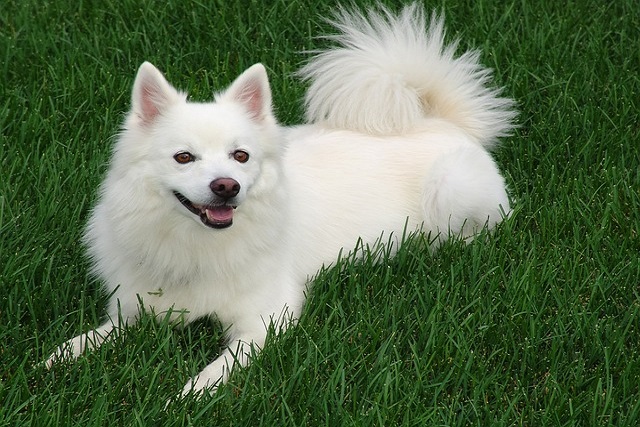
How can I tell if my dog's heatstroke is serious
Let’s be real: It’s a sticky August morning in Los Angeles, and you took your 2-year-old Golden Retriever, Max, for a walk a little later than usual
Picture this: You’re throwing a tennis ball for your German Shepherd in the backyard, and instead of bounding after it like usual, your pup hesitates, limps, or just sits there looking at you. If you’ve ever felt that sinking feeling of worry, you might be asking yourself, “How do I tell if my German Shepherd has hip dysplasia?” Don’t stress—knowing the signs early can make a world of difference for your furry friend.
Hip dysplasia is a condition where the hip joints don’t develop properly. It’s like trying to fit a square peg into a round hole; the ball and socket of the joint don't align correctly, causing pain and discomfort. While genetics play a huge role—especially in large breeds like German Shepherds—factors like overfeeding leading to rapid weight gain or intense exercise during puppyhood can also contribute. Over time, the misalignment causes arthritis, making it harder for your dog to move.
So, what should you look for? First, pay attention to changes in your dog’s gait. Does your German Shepherd bunny-hop instead of trotting, or seem reluctant to jump onto the couch or climb stairs? Lameness in the hind legs, difficulty getting up after lying down, or decreased activity levels are also red flags. If you notice your dog licking or biting at their hips, it could be a sign they’re trying to soothe the pain. Gently feeling their hips while they’re relaxed might reveal reduced muscle mass or uneven movement. But remember, only a vet can confirm the diagnosis with X-rays, so book an appointment if you spot these symptoms.

Once you’re on the path to diagnosis, it’s important to think about your daily routine. If you live in an apartment, remove tripping hazards like loose rugs and consider using non-slip mats in high-traffic areas. Short, gentle walks around the neighborhood are better than intense runs in the park, and always carry poop bags to clean up after your dog—it’s not just good manners, it’s the law in most U.S. cities.
In the Western world, especially in the U.S. and Europe, animal welfare is a top priority. Never resort to physical punishment if your dog resists treatment or training. Instead, use positive reinforcement techniques. Treats, praise, and clicker training work wonders when teaching your dog to use ramps or accept joint supplements. And don’t forget about keeping up with vaccinations—rabies shots are mandatory in most states, and a healthy immune system helps your dog better cope with any health issues.
Take the story of Sarah, a German Shepherd owner in Portland. She noticed her dog’s reluctance to play fetch and immediately took her to the vet. Thanks to early detection and a combination of medication, physical therapy, and a modified diet, Sarah’s pup is now back to enjoying life. Every dog is different, but by staying vigilant and taking action, you can ensure your German Shepherd stays happy and healthy.

Let’s be real: It’s a sticky August morning in Los Angeles, and you took your 2-year-old Golden Retriever, Max, for a walk a little later than usual

You're enjoying a summer afternoon at the park when you notice your dog has stopped panting and appears disoriented - their gums are bright red

Let’s paint the picture: You’re in your Denver apartment, watching your 4-year-old Boston Terrier, Ruby, plop down mid-play session with her favorite toy

Many dog owners notice their pets nails seem shorter after regular walks,but how much does this daily activity actually help?The answer depends on where you walk—concrete sidewalks or asphalt streets gently file nails as a dog's paws hit the ground

Most dog owners notice their pup scooting across the carpet at some point, but few connect it to impacted anal glands. These small sacs near a dog’s rectum secrete a scent for marking territory

Most vets agree that regular dog teeth cleaning is key to avoiding painful dental issues later. For healthy adult dogs, a professional cleaning at the vet’s office every 12 to 18 months usually works well.